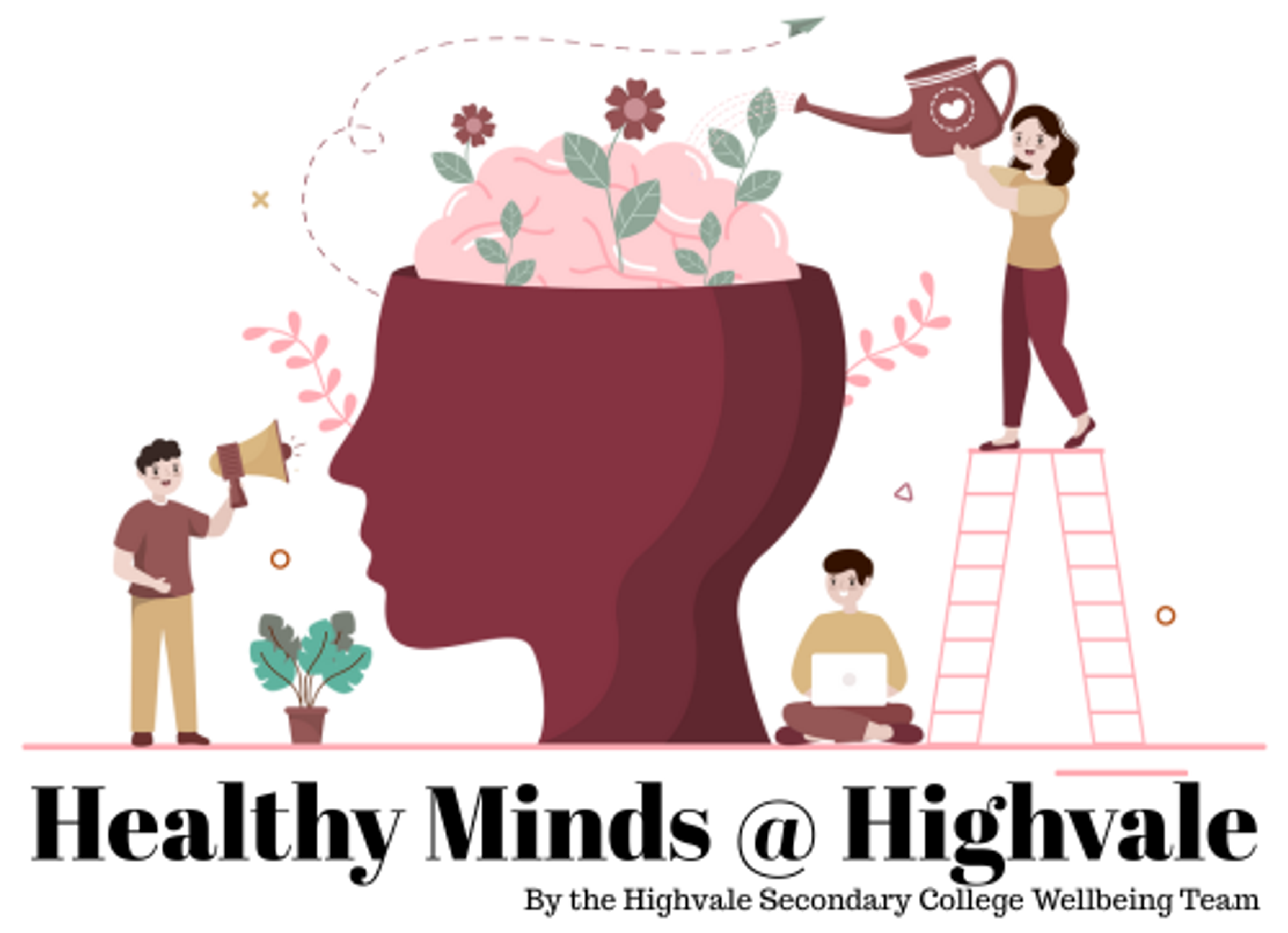Healthy Minds @ HIGHVALE

Sean REDPATH DIGGLE
Mental Health Practitioner / School Psychologist
Supporting Your Young Person Through Exam Stress
As Term 3 draws to a close, many students are busy revising content and preparing for exams. This can be an exciting time, but it can also bring a lot of pressure. Stress in small amounts can motivate young people to study and perform well, but too much stress can be overwhelming and make it harder to concentrate, remember information, or stay motivated.
Understanding Exam Stress
Highvale students often carry high expectations whether from teachers, family, or the internal expectations of the students themselves. It’s normal for young people to feel nervous, but when stress becomes intense, it can show up in different ways:
Difficulty sleeping or changes in appetite
Emotional dysregulation
Irritability/anger
Social Withdrawal
Trouble focusing or remembering information
Physical symptoms such as headaches, stomach aches, or fatigue
How Parents Can Help
Parents play a powerful role in supporting their young person during this time. A few small actions can make a big difference:
Encourage healthy routines - Remind your young person to take breaks, eat regular meals, stay hydrated, and get enough sleep. A rested brain learns and recalls information far better.
Create a calm study environment - A quiet and organised space helps reduce distractions. Encourage regular short breaks rather than long cramming sessions.
Manage phone use - Phones are one of the biggest study distractions. Encourage your young person to put their phone on “do not disturb,” leave it in another room, or use apps that limit notifications during study time. Short, planned breaks are a better time to check messages and social media.
Promote balance - Encourage your young person to mix study with relaxation, exercise, and social time. This helps manage stress and keeps motivation high.
Focus on effort, not just results - Praise the time, persistence, and strategies your young person is using, rather than only their marks. This reduces pressure and builds resilience.
Be a steady support - Listen when your young person wants to talk about their stress. Sometimes they may just need reassurance rather than solutions.
Helping Your Teen Study Smarter
You can also help your teen revise effectively by encouraging strategies such as:
Breaking study into smaller, manageable chunks
Using practice exams and past papers to test knowledge
Teaching back material to someone else (a great way to consolidate learning)
Using checklists and timetables to track progress
Using a variety of techniques helps the brain process and remember information more effectively. Such as videos, mind maps, and rewriting notes.
It is a good reminder to both parents and students that exams are just one part of the bigger picture. While they matter, they do not define a young person’s future on their own. You can help can your person by supporting their healthy study habits, encouraging a balance timetable, and keeping their stress helpful. Lastly, reminding your young person that looking after their wellbeing helps them learn at their best.
The Highvale Secondary College Wellbeing Team

